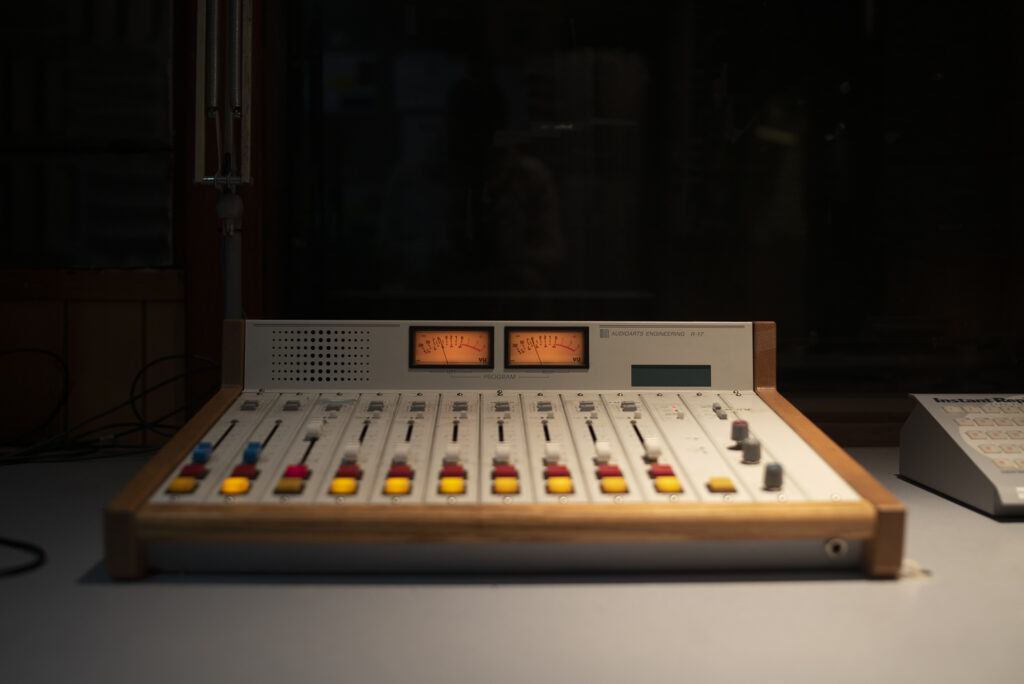

The strongest scene is a verbal sparring match involving her parents, aunts and uncles: Some of them cling proudly to their Chinese identity, while others acknowledge the better opportunities they've found in America and elsewhere abroad. And yes, I was reminded of my own indomitable grandmother, who, just like Billi's Nai Nai, knows that the truest way to say "I love you" is to heap food onto your plate, whether you asked for it or not.īilli isn't the only character wrestling with her cultural identity. I was reminded of the dim-sum lunches and lavish dinner banquets that took up a good chunk of my Chinese American youth. Wang knows that it's fascinating enough to be a fly on the wall at this family gathering. Wang and her actors capture the anxiety of a celebration where no one is really in a celebratory mood, and one false word or move could spell disaster.īut The Farewell doesn't need a lot of farcical complications to pull us in. In The Farewell, she mines a lot of humor from the family's scheme, from the last-minute wedding preparations to the manipulation of Nai Nai's medical test results. Wang has a thing for stories about death and deception: She made her feature directing debut with Posthumous, a 2014 comedy about an artist who fakes his own suicide. Westerners may grieve with hugs and tears, but in their view, the most profound expressions of love and devotion are the ones that remain unspoken. But they dismiss her attitude as typical of her youthful naivete and her self-centered American upbringing. Billi disapproves of the family's dishonesty, and although she goes along with it, she tries to persuade them to tell Nai Nai the truth. But she buys a plane ticket anyway, catching her parents and other relatives off-guard. Instead, a phony wedding is being thrown for her cousin in China as a hasty excuse for a family reunion.Ĭode Switch Based On An Actual Lie: Director Lulu Wang's Sundance Hitīilli is urged not to come, as everyone fears that she'll spill the beans. Billi's parents go on to explain that the family has decided not to tell Nai Nai her prognosis. One day she's visiting her parents, played by Tzi Ma and Diana Lin, and they tell her that Nai Nai has only a few months to live. with her parents when she was 6, but she has fond memories of her early years in the northern Chinese city of Changchun, and she retains a close bond with her paternal grandmother - that's "Nai Nai" in Chinese. Wang's on-screen alter ego is Billi, a broke, unemployed New Yorker in her early 30s, played superbly by Awkwafina.
#The fairwell storyo n the radio movie#
They decided to keep her in the dark about her diagnosis, hoping to spare her unnecessary fear and anxiety - an extreme decision, perhaps, but one that the movie suggests is hardly unheard of among Chinese families. The Farewell opens with five cheeky words: "based on an actual lie." This funny, melancholy ensemble drama was inspired by an experience that the writer-director Lulu Wang and her family went through years ago, when they were told that Wang's grandmother was terminally ill.

When her grandmother is diagnosed with a terminal illness, Billi (played by Awkwafina, center) reluctantly agrees to go along with her family's plan to pay respects to their matriarch - without letting her know she is dying.


 0 kommentar(er)
0 kommentar(er)
